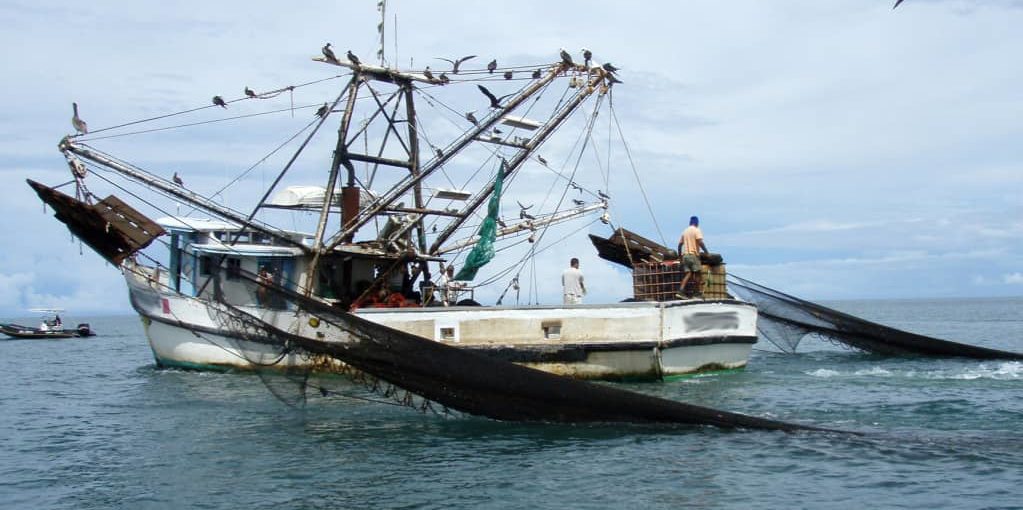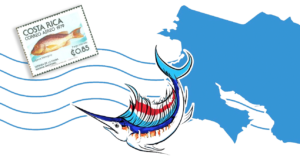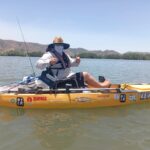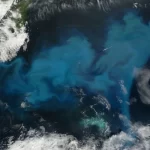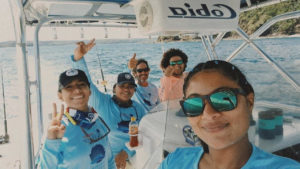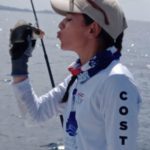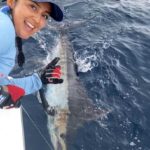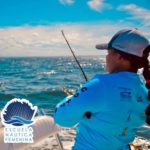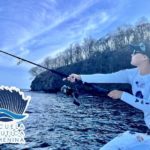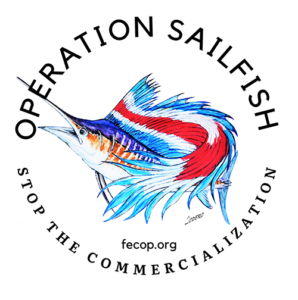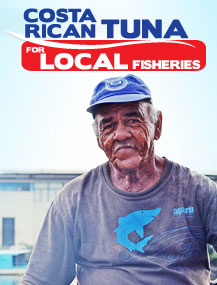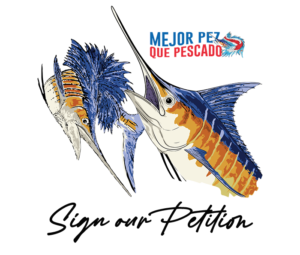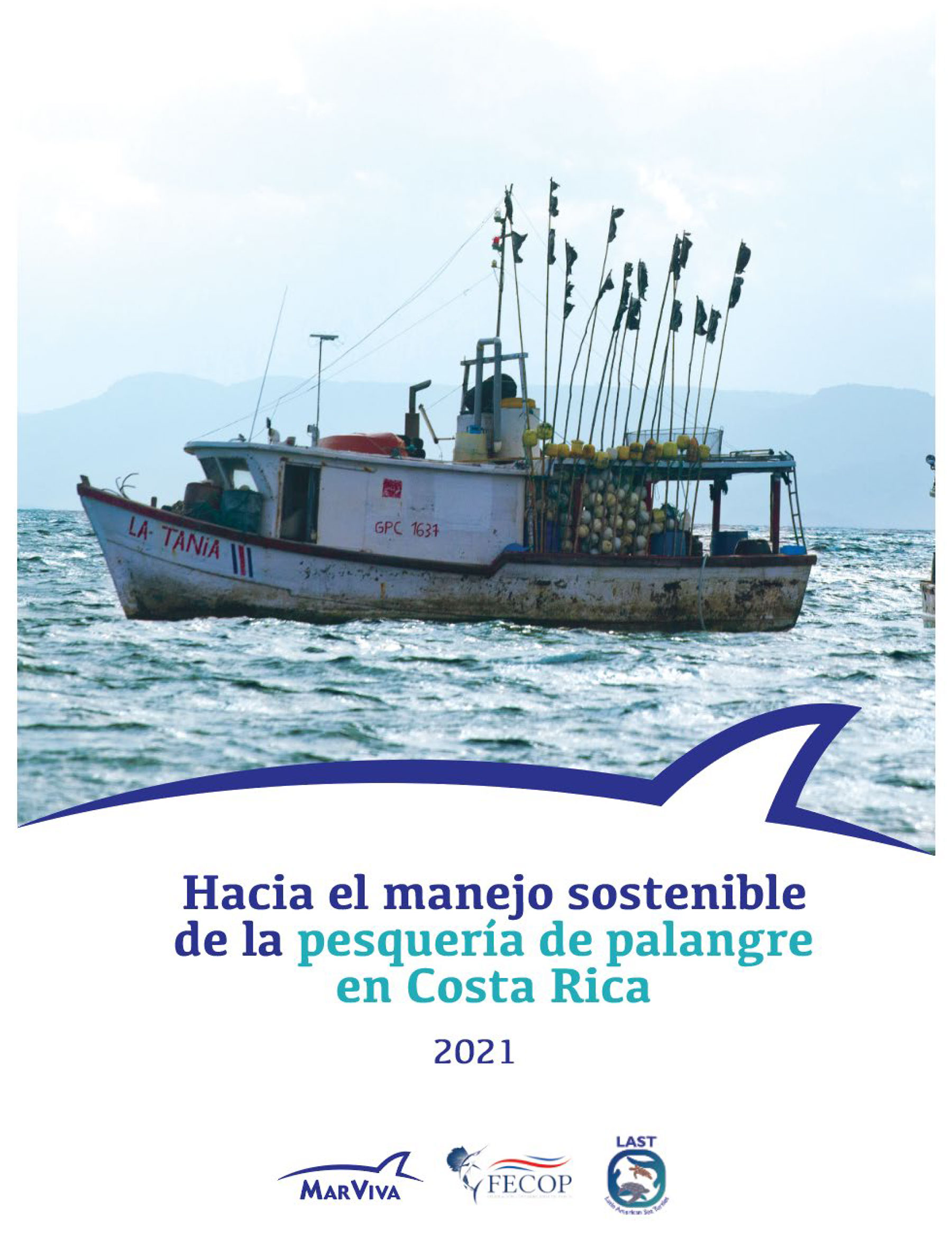Victory: Attempted legislative bypass of destructive trawling ban in Costa Rica blocked.
Source Delfino.cr
With 12 votes in favor and 31 against, the legislative attempt to “bypass” the presidential veto and reactivate trawling in Costa Rica failed. File 21,478: Law for the Sustainable Use of Shrimp Fishing in Costa Rica, needed 38 positive votes to apply the legislative reseal to the veto interposed by the President of the Republic, Carlos Alvarado Quesada, in October 2020.
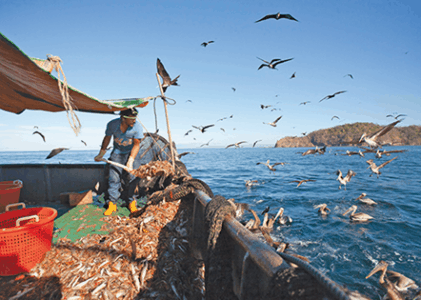
The attempt to revive the trawl fishing project in the country came after, on August 17, the Assembly’s Committee on Agricultural Affairs recommended to the Plenary to ignore what the President had said.
Conservative deputies Mélvin Núñez, Carmen Chan, Marulin Azofeifa and Ignacio Alpízar prevailed over the ruling party Welmer Ramos and Mario Castillo, who voted against going over the presidential veto. The deputies Paola Valladares and Aida Montiel of the PLN; and Erwen Masís from the PUSC asked permission to miss the session that day.
The Conservatives presented their majority report proposing the reseal of the law, ignoring the president’s veto; while the PAC presented its own opinion urging to archive the project, and the deputies of the PLN and PUSC did the same on their own.
When a Legislative Decree is resealed, it becomes law with the signatures of the legislative board and does not require the signatures of the Executive Power.
The project was approved in a second debate on October 22 and sought to grant Incopesca a period of one year to have the necessary scientific and technical studies to conclude that trawling is environmentally sustainable and therefore extend the licenses. according to the guidelines that the institution defined by regulation.
It was approved with 28 legislators in favor and 18 against.
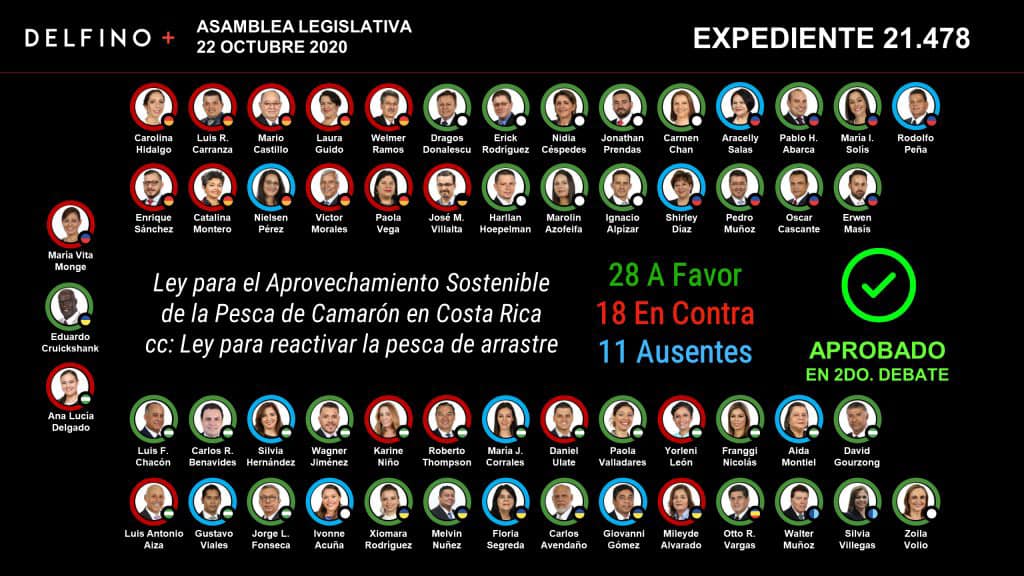
After the second ballot, from the group that voted negatively, a letter to the Presidency appeared requesting that the bill be vetoed. The document sent from the office of Ana Karine Niño Gutierrez (PLN) was signed by her and by the liberationists Luis Antonio Aiza Campos, Daniel Ulate Valenciano, Roberto Thompson Chacón and Silvia Hernández Sánchez, together with Paola Vega Rodríguez (PAC), José María Villalta Flórez-Estrada (FA) and Mileidy Alvarado Arias (PRN).
These requests were also joined by organizations such as the United Nations Development Program (UNDP), which also last weekend made “a special call to place nature at the center of the post-pandemic recovery”; and the National University whose School of Biology, through a formal request to the Presidency, requested the same rejection by Zapote.
For their part, and at the court of October 23, 117 organizations in the country had asked the president to apply the veto to this law, among which were 32 local governments.
In addition, activists Ana María and Melissa went on hunger strike in front of the Presidential House since October 23, demanding in turn the corresponding rejection of the law.
Subsequently, on October 30, President Alvarado Quesada imposed a full presidential veto against the trawling project. At that time the president argued:
As the evidence is not categorical, we must protect the environment and the populations that would be most affected. Any decision we make about the use of natural resources must be based on science and can be developed by the competent bodies “.
Related Articles
President Carlos Alvarado vetoes Costa Rica’s controversial trawling project

